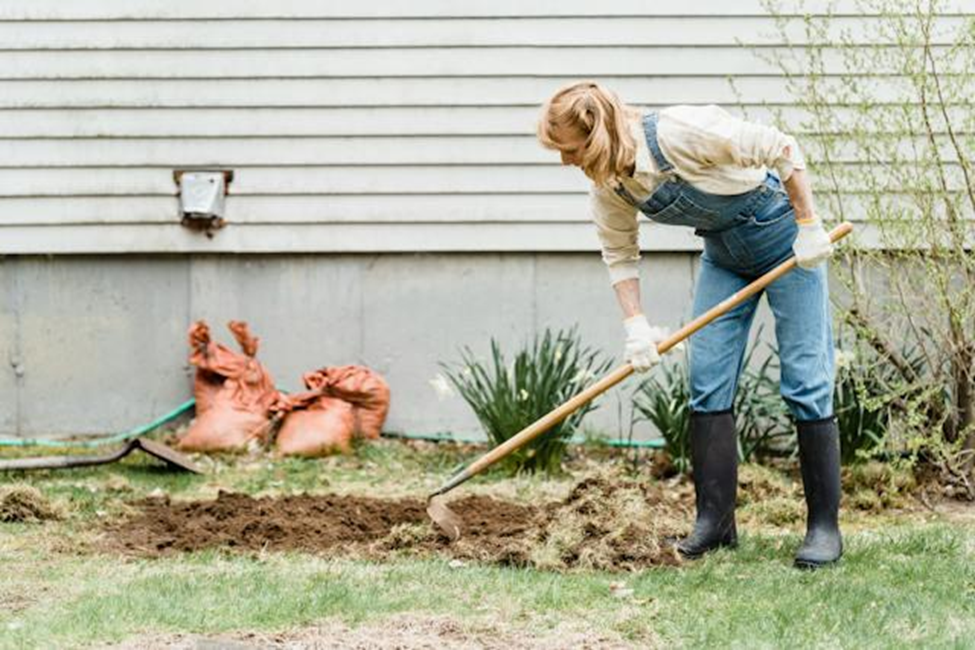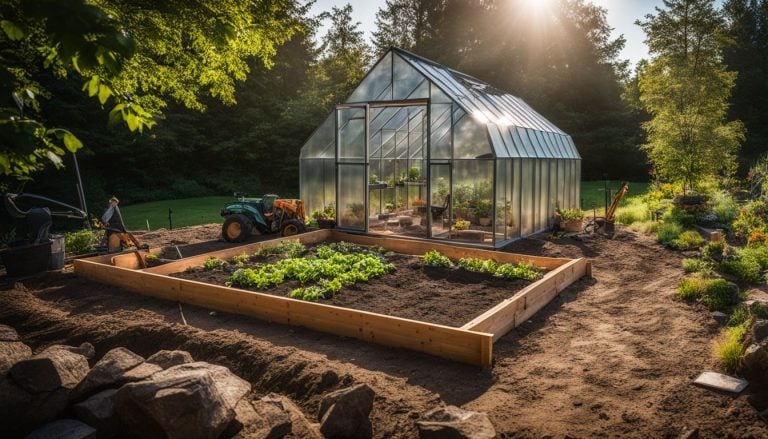Outdoor Eco-Friendly Techniques for Sustainable Gardens

Table of Contents
Sustainable gardening will benefit the local ecosystem instead of damaging it. To create a sustainable garden, you will use eco-friendly gardening techniques. This means working with the ecosystem, soil biology, and native plants and insects. It also means you will minimize excess waste, reduce water consumption, and eliminate negative practices that are harmful to the environment. Here are some eco-friendly techniques that sustainable gardeners use.
Go organic
When you spray plants with insecticides, this contributes to damaging soil, rivers, and helpful pollinators. If you want an eco-friendly garden you won’t want to use chemicals. There are natural ways to deal with weeds, plant diseases, and pests. Using companion planting and predatory insects like ladybugs are some natural solutions. You can also practice organic weed management by digging out weeds by hand and mulching. Online courses are available that will help you to learn eco-friendly gardening techniques.
If you’re studying sustainable gardening, you may find lab report writing difficult. You can search online for a lab report writing service. A report writing service has professional writers who are competent in a variety of scientific fields. They usually hold a Master’s or Ph.D. degree. You will provide as much detail as you can to your lab report writer. The report writer will then craft an insightful, compelling lab report for you. When it comes to essay writing, lab reports are one of the more complex assignments. Studying a quality report can help you with writing your own lab reports.
Plant natives
How do gardens help the environment? There are many ways in which they help from improving air quality to cooling down built-up areas. Plants take in carbon dioxide and produce oxygen. If you use indigenous plants this effect is even greater as you have a more sustainable garden design. These plants that are native to your region will thrive and need less water. They are more resilient because they are suited to the type of soil, rainfall, etc. This means they need less maintenance. Native plants also provide more resources for native insects, birds, and other wildlife.
Use less water
Having a beautiful green lawn can use up plenty of water. You will use less water if you replace your lawn with groundcovers and low-growing shrubs. Using a variety of drought-tolerant, attractive shrubs will also reduce the need for watering. Mulching will not only help to prevent weeds but the soil retains more moisture. Mulch may include:
● grass clippings
● pine needles
● cocoa bean hulls
● shredded bark
Sprinkler systems lose water through evaporation. Rather use a hose or drip irrigation system. They also give you more control so you waste less water. Having a rain barrel system to collect water for watering the garden is helpful in climates with variable weather.
Reduce energy consumption
You can reduce your energy consumption when gardening by using hand tools where possible. Your lawn is often a big culprit when it comes to energy consumption. As mentioned above, you can choose to replace it. If you still have some lawn, opt for a push-reel or electric lawnmower. Make sure you keep the blade sharp so it works efficiently.

Make compost
If you want to garden for the environment to benefit, your garden must be more eco friendly. One technique to achieve this is to turn your kitchen scraps into natural fertilizer. The key to creating good compost is to achieve a balance of green matter and brown matter. Green matter may include weeds and veggie scraps. Brown matter may be items like cardboard which decomposes more slowly. When the microbes thrive through a balance of matter, you will have good compost and it won’t smell much.
Save seeds
One way to save money is to save seeds. At the end of one season, you can save seeds to plant again the following year. You can gather the seeds from beans, peas, peppers, and tomatoes, among other plants. When it’s time to sow them, store them somewhere dry. At the end of a season, you can also save the seeds from annual flowers and plant them again.
Conclusion
There are advantages to using eco-friendly gardening methods for both the environment and your family. By using less energy and water, you will save money. Choosing native plants and producing your own compost will improve the health and ease of upkeep of your garden. Your family can enjoy a chemical-free environment with a variety of plants and wildlife. The planet is going through times when it needs your intervention in every way. So doing these small bits for a greener planet goes a long way in ensuring sustainability and of course, gives you the perfect way to pursue your hobby wholeheartedly.






